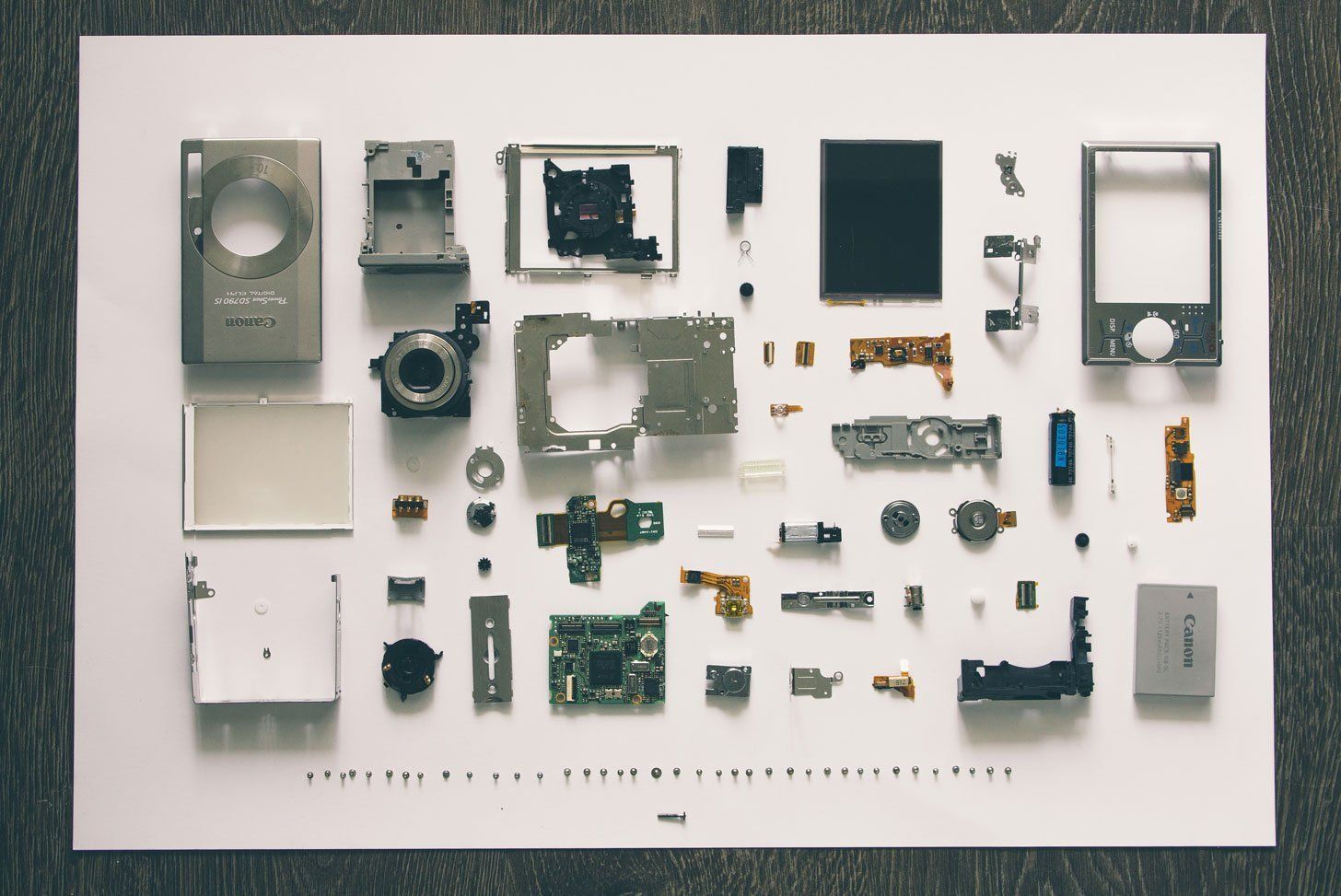Embracing the AI Era
The dawn of the AI era is upon us, heralding a new era of unprecedented technological advancement and societal transformation.

Forbes' predictions [1] for the year 2030 and insights from Karl-Heinz Land, CEO of Neuland AI AG, offer a glimpse into the transformative power of AI and its profound impact on every aspect of our lives. As we stand on the threshold of the AI revolution, it's crucial to embrace the opportunities for innovation and navigate the disruptions with resilience and foresight. According to Forbes, by 2030, AI will permeate every aspect of our lives, from personal assistants to career counselors, our therapists and our accountants.[1] This widespread integration of AI signifies a paradigm shift in how we interact with technology and each other, blurring the boundaries between human and machine interaction.
According to Karl-Heinz Land, every company will have to have its own AI model in 3 years. The rise of AI will reshape the nature of work, with traditional job roles and responsibilities undergoing significant transformation. While AI promises to boost productivity and efficiency, it also raises concerns about job displacement. Karl-Heinz Land emphasizes the need for organizations to develop robust AI strategies to navigate the complexities of the AI revolution and mitigate the impacts of job displacement.
The AI era will pose significant challenges for policymakers, businesses, and society as a whole. Civil unrest and protests are inevitable as citizens demand solutions to mitigate the impacts of AI on employment and livelihoods. Political movements advocating for policies such as universal basic income will gain momentum as society seeks to address the economic inequalities exacerbated by AI-driven automation.
Despite the challenges posed by AI, there are also immense opportunities for innovation and progress. AI has the power to unlock new possibilities for growth, efficiency, and sustainability across all sectors of the economy. By embracing AI-driven innovation and investing in collaborative and customized AI solutions, organizations can thrive in the new digital landscape.
In the midst of the AI revolution, it's crucial to prioritize sustainability and inclusivity. AI has the potential to drive significant progress towards a more sustainable and equitable future, from optimizing resource management to reducing environmental impact. By leveraging AI to address pressing global challenges, we can create a better world for future generations.
As we embark on the AI era, it's essential to approach this transformative technology with foresight and responsibility. By embracing AI-driven innovation, investing in education and training, and implementing policies that ensure equitable access to AI-driven opportunities, we can navigate the challenges of the AI revolution and build a brighter, more inclusive future for all.
Resources:
Want more information?
T +90 212 284 75 92



